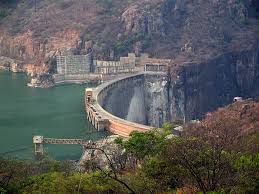Mozambique has set its sights on becoming a hydroelectric powerhouse in Africa, unveiling a bold plan to significantly increase its hydropower capacity. The government’s ambitious Energy Transition Strategy outlines a plan to add 14,000 megawatts of hydropower generation by 2040, marking a major leap for the nation.
This 60-page blueprint goes beyond mere figures. It represents a vision for harnessing Mozambique’s abundant green energy potential to fuel economic growth and industrialisation. This is particularly vital for a nation currently ranked among the world’s poorest yet boasting a largely agrarian economy ripe for diversification.
Investing in hydropower projects aims to address two critical challenges – energy security and climate change. By tapping into renewable energy sources, Mozambique seeks to drastically reduce its dependence on fossil fuels, aligning with global efforts towards a sustainable future. Additionally, increased access to electricity can be a transformative force, unlocking social and economic development across various sectors and ultimately improving the lives of millions of Mozambicans.
However, this path is not without its hurdles. Financing such large-scale projects and ensuring responsible environmental and social impact assessments will be crucial. Balancing development ambitions with the needs and concerns of local communities will be critical for the initiative’s success.
Despite the challenges, Mozambique’s hydropower aspirations signal a bold step towards a brighter future. The potential economic and societal benefits, coupled with the commitment to sustainability, make this venture an exciting development worth watching closely.

